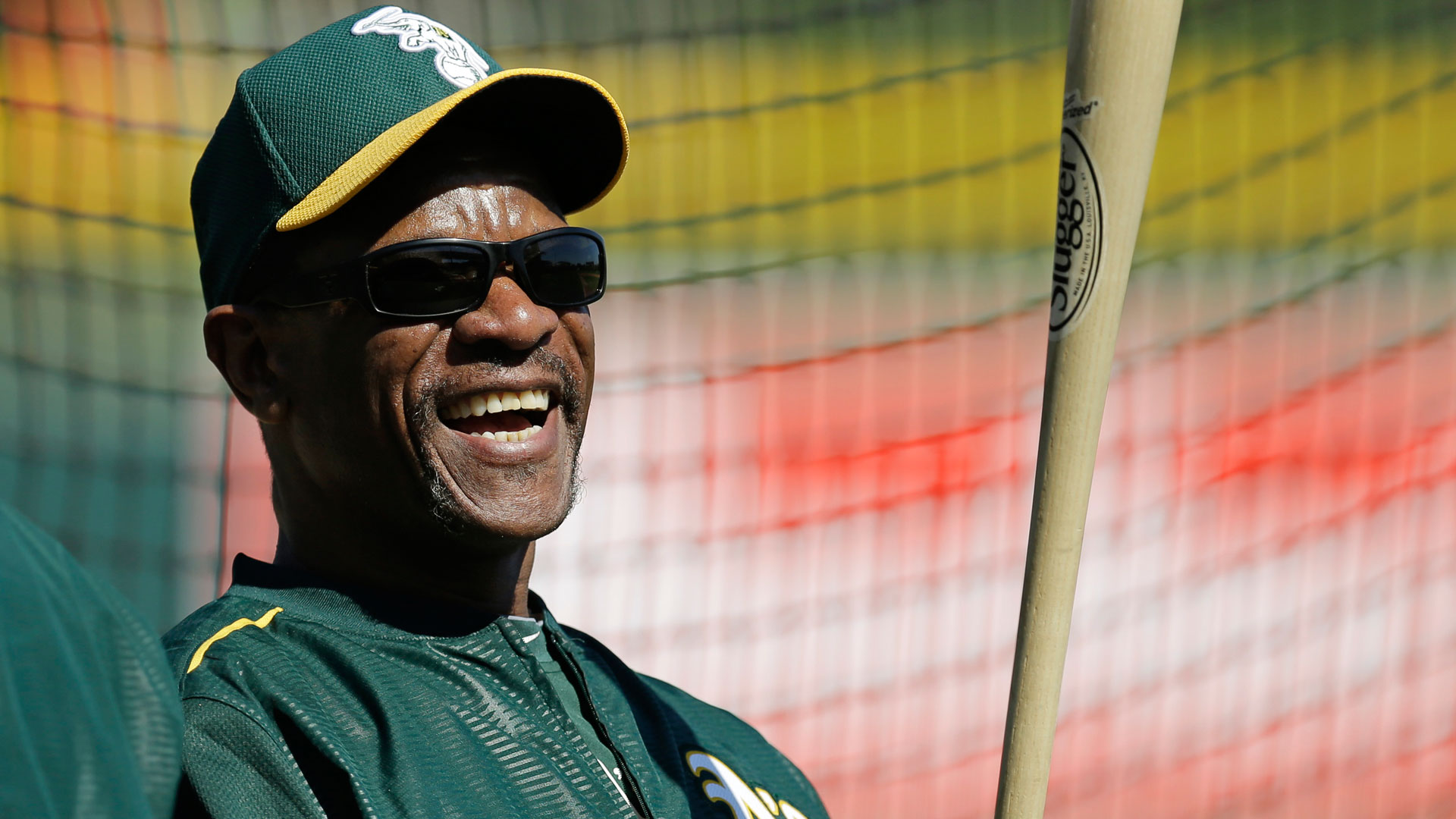The Athletics still have plenty of work to do in their push for a new Las Vegas ballpark, but it appears they aren't wasting any time in their efforts to relocate.
MLB commissioner Rob Manfred on Tuesday said that the paperwork for the relocation process officially is underway.
"They have begun to submit information related to their relocation application," Manfred said (h/t The Associated Press' Ronald Blum). "It’s not complete at this point."
Stay in the game with the latest updates on your beloved Bay Area and California sports teams! Sign up here for our All Access Daily newsletter.
The A's lease at the Oakland Coliseum expires after the 2024 MLB season, but their potential new stadium wouldn't be ready until 2028. While there has been plenty of speculation about where the team temporarily could go, nothing is set in stone yet.
"Our relocation guidelines actually spell out pretty clearly what needs to be included in your application. One of the things that you have to include is what’s going to happen during the interim period," Manfred said. "They have not made a submission on that topic yet."
The relocation still needs a 75 percent approval rate from league owners. Last month, Manfred admitted that there's still a lot of work to do, and the commissioner wouldn't predict a timeline for the process. While he wouldn't stamp a date on anything, Manfred further explained what happens after the application process begins.
"They have to submit an application, there are pretty rigorous requirements about the application: you have to talk about the market you’re leaving, the efforts you’ve made there; the markets you want to go to, why it’s better," Manfred explained. "It then goes to a relocation committee that has to review the application and make recommendations on things like operating territory, home television territory.
Athletics
Find the latest Athletics news, highlights, analysis and more with NBC Sports Bay Area and California.
"That recommendation comes to me, goes to the executive council, they ultimately make recommendations to the clubs, and then there has to be a three-quarter vote."
Manfred also shared some of the conversations he has had with owners.
"It has always been baseball’s policy and preference to stay put," he said on June 15. "I think that always colors any conversation about relocation. Having said that, I think the owners as a whole understand that there has been a multiyear, pushing-a-decade effort where for the vast majority of the time, the sole focus was Oakland.
"Look, believe me, and I hear from ‘em, I feel sorry for the fans in Oakland. I do not like this outcome, I understand why they feel the way they do. I think that the real question is, what is it that Oakland was prepared to do? There is no Oakland offer, OK? They never got to a point where they had a plan to build a stadium at any site. And it’s not just John Fisher. You don’t build a stadium based on the club activity alone. The community has to provide support and you know, at some point, you come to the realization, it’s just not going to happen."
While Manfred has been seemingly critical of the lack of support by A's fans, even sarcastically reacting to their historic "reverse boycott," the commissioner said he was disappointed that the team couldn't stay in Oakland.
“My single biggest disappointment is because of the kind of political process in Oakland, we didn’t find a solution to keep the A’s in Oakland,” Manfred said. “That’s number one on the disappointment list.”
On top of MLB approving the relocation, the A's must prove the can come up with the remaining $1.1 billion in private financing to fund the rest of the $1.5 billion ballpark project. After that, the team will have to find a temporary home for a few seasons until their new Las Vegas ballpark opens.
Additionally, per The Nevada Independent, the A's must negotiate with the Las Vegas Stadium Authority to "establish a development agreement, lease agreement and non-relocation agreement, as well as a community benefits agreement for certain investments in the Las Vegas community."
The final designs of the Las Vegas ballpark also need to be evaluated by the Federal Aviation Administration since the construction site is two miles away from the Harry Reid International Airport.


